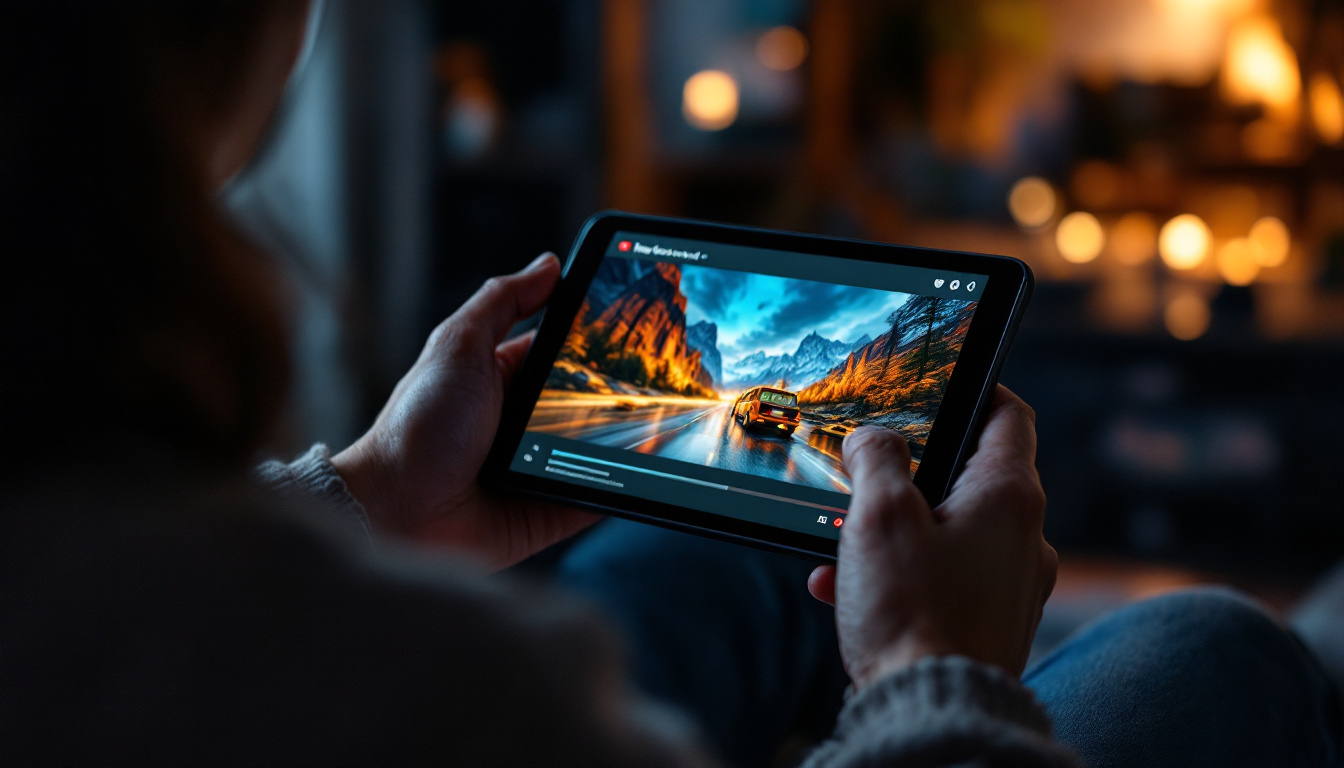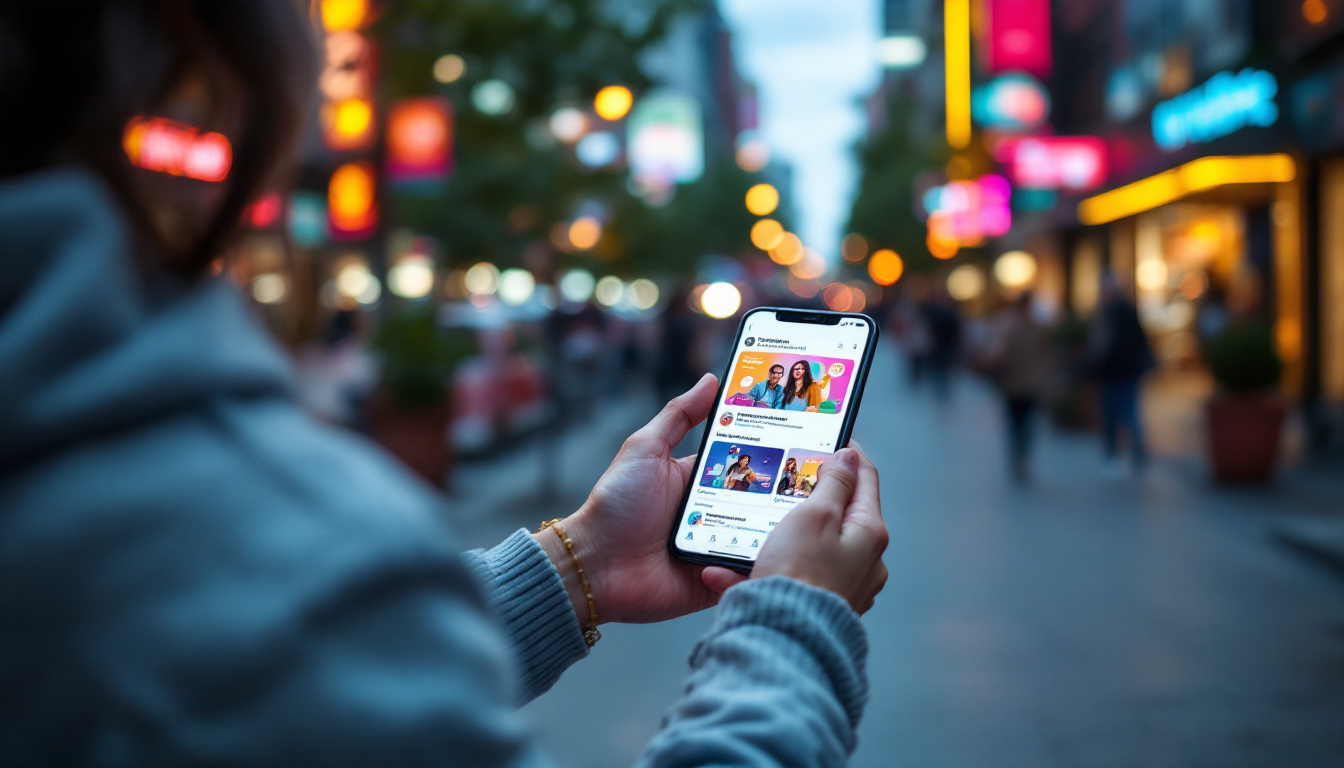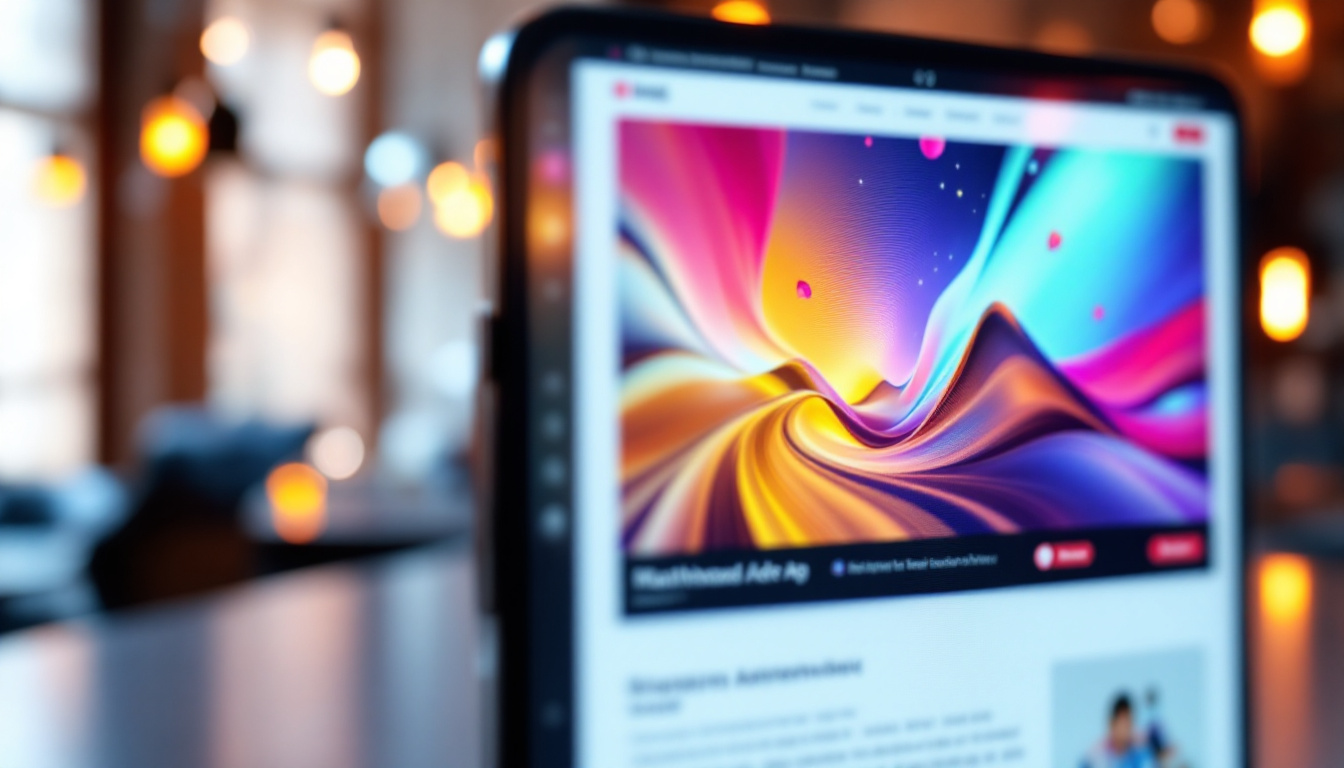Common Myths About PPC for Honolulu, HI Businesses

Pay-per-click (PPC) advertising has become an integral part of digital marketing, especially for businesses seeking to improve their online visibility. However, there are several myths surrounding PPC that can undermine its potential benefits. For businesses in Honolulu, HI, understanding these misconceptions is crucial to making informed marketing decisions. In this article, we will explore these common myths and shed light on the reality of PPC advertising.
Debunking the 'PPC is too expensive' myth
One prevalent myth about PPC is that it is far too expensive for small and medium-sized businesses. Many believe that only large corporations with enormous marketing budgets can afford to run effective PPC campaigns.
In reality, PPC allows businesses to set their own budgets and pay only when someone clicks on their ads. This means that even a modest budget can yield significant results. Furthermore, PPC platforms like Google Ads offer flexible bidding strategies that enable businesses to manage their costs effectively.
Moreover, the value derived from a successful PPC campaign can far outweigh the initial investment. With targeted keywords and audiences, companies can reach potential customers actively searching for their products or services. This targeted approach often leads to a higher return on investment (ROI) than traditional advertising methods.
Additionally, PPC campaigns can be finely tuned and adjusted in real-time, allowing businesses to respond quickly to market trends or shifts in consumer behavior. This agility is a significant advantage over traditional marketing channels, where campaigns can take weeks or months to implement and assess. For instance, if a particular ad isn't performing well, adjustments can be made instantly to optimize the ad copy, targeting, or bidding strategy, ensuring that every dollar spent is working as hard as possible for the business.
Furthermore, the data-driven nature of PPC provides invaluable insights into customer behavior and preferences. Businesses can analyze metrics such as click-through rates, conversion rates, and customer demographics, enabling them to refine their marketing strategies continually. This wealth of information not only enhances the effectiveness of current campaigns but also informs future marketing efforts, making PPC a powerful tool for growth and adaptation in an ever-evolving marketplace.
Why PPC is not just for big companies
The misconception that PPC is only for big companies can deter smaller businesses from exploring its benefits. However, the truth is that PPC is an accessible marketing strategy for businesses of all sizes.
Small businesses can particularly benefit from PPC campaigns targeted to specific demographics and local areas. For instance, a local restaurant in Honolulu can create ads that specifically target users searching for dining options in their neighborhood. This localized targeting can help smaller businesses compete effectively with larger organizations.
Additionally, many PPC platforms offer resources and tools tailored for small businesses. These resources often include educational materials, budget consultations, and community support to help small enterprises navigate the world of digital advertising. By taking advantage of these tools, small businesses can optimize their campaigns, ensuring that every dollar spent on advertising yields the highest possible return on investment.
Moreover, the flexibility of PPC allows small businesses to test different strategies without a significant financial commitment. They can experiment with various ad formats, keywords, and target audiences to determine what works best for their unique offerings. This iterative process not only enhances their advertising effectiveness but also fosters a deeper understanding of their customer base, which can inform broader marketing strategies.
Case studies of successful small business PPC campaigns
Numerous small businesses around the country have successfully leveraged PPC advertising to grow their customer base. For instance, a local surf shop in Honolulu may utilize targeted ads to reach visitors planning a trip to the island, showcasing their popular rental services and special offers.
Success stories abound, highlighting how small businesses can outpace larger competitors by utilizing strategic PPC approaches. These campaigns often focus on unique selling propositions that resonate with the target audience, ultimately leading to increased online traffic and conversions. In one notable example, a boutique coffee shop in Portland launched a PPC campaign that emphasized its artisanal brewing methods and locally sourced ingredients. By targeting coffee enthusiasts and highlighting its unique offerings, the shop saw a significant uptick in foot traffic and online orders, demonstrating the power of tailored messaging in PPC advertising.
Additionally, small businesses can benefit from seasonal or event-based PPC campaigns that capitalize on local happenings. For example, a flower shop might run targeted ads during Valentine's Day or Mother's Day, promoting special arrangements and delivery services. This not only drives immediate sales but also builds brand recognition in the community, encouraging repeat business long after the holiday has passed. Such strategic timing can be a game changer for small businesses looking to maximize their advertising impact.
Understanding the role of analytics in PPC
Another common myth is that PPC is a 'set it and forget it' approach. Many people believe once a campaign is launched, businesses can sit back and watch the clicks roll in. This misconception overlooks the critical role of analytics in PPC marketing.
Analytics is a powerful tool that provides insights into campaign performance. By monitoring key metrics such as click-through rates (CTR), conversion rates, and cost per acquisition (CPA), businesses can assess the effectiveness of their campaigns and make necessary adjustments.
Utilizing analytics allows businesses to understand which keywords are driving traffic, which ads resonate most with their audience, and where budget adjustments are needed. This data-driven approach is essential for optimizing campaigns and ensuring that advertising dollars are well spent. Additionally, analytics can reveal trends over time, helping businesses to anticipate shifts in consumer behavior and adjust their strategies accordingly. For instance, if a particular product sees a spike in interest during a specific season, businesses can leverage this information to allocate more budget to that campaign during peak times, ensuring maximum visibility and engagement.
The importance of A/B testing
A/B testing is a vital aspect of analyzing PPC campaigns. By creating multiple versions of an ad and testing them against each other, businesses can determine which elements—such as headlines, calls to action, and visual designs—are most effective.
Through this process, Honolulu businesses can continuously refine their advertising strategies to improve engagement and conversions. A/B testing focuses on small changes that can lead to substantial results, ultimately maximizing the impact of PPC efforts. Furthermore, the insights gained from A/B testing can extend beyond just PPC ads; they can inform broader marketing strategies, helping businesses understand their audience's preferences and behaviors. For example, if one ad variant significantly outperforms another, it may indicate a deeper trend about customer interests that could influence content marketing, email campaigns, and even product development. This iterative process not only enhances the immediate effectiveness of PPC campaigns but also contributes to a more comprehensive understanding of the market landscape and customer needs.
How PPC can provide immediate results
Many business owners are under the impression that digital marketing strategies, such as SEO, offer faster results than PPC. However, this belief is misleading.
PPC campaigns can generate immediate traffic as soon as they go live. Unlike SEO, where it can take weeks or months to see results, a well-structured PPC campaign places your ads front and center within search results almost instantly. This immediate visibility can be crucial for businesses looking to tackle seasonal promotions or launch new products.
Moreover, the ability to adjust campaigns in real-time means businesses can respond to market changes quickly. For example, if a specific product is trending, companies can instantly allocate budget and modify their ad copy to capitalize on that interest.
Leveraging seasonal trends
In a city like Honolulu, where tourism peaks during certain seasons, PPC can be leveraged to attract visitors looking for local experiences. Businesses can create time-sensitive ads offering discounts, highlighting events, or promoting limited-time services.
The immediacy of PPC allows local businesses to participate effectively in these seasonal markets, ensuring they remain top-of-mind for potential customers at the right moment. Additionally, by utilizing geo-targeting features, businesses can tailor their ads to specific locations, ensuring that their promotions reach tourists who are currently in the area. This targeted approach not only maximizes the effectiveness of the ad spend but also enhances the likelihood of conversion, as the ads are relevant to the audience's immediate context.
Furthermore, incorporating compelling visuals and engaging calls-to-action in PPC ads can significantly increase click-through rates. For instance, a local restaurant might showcase mouthwatering images of seasonal dishes or highlight unique dining experiences that are only available for a limited time. By creating a sense of urgency and appealing to the emotions of potential customers, businesses can drive more traffic to their websites and ultimately increase bookings or sales during peak seasons.
PPC vs. SEO: Which is better for your business?
When discussing digital marketing strategies, the debate between PPC and SEO often arises. Many businesses feel conflicted about which method to prioritize for their marketing efforts.

PPC offers immediate results and the ability to adjust campaigns quickly, while SEO is a longer-term investment that builds organic visibility over time. Each approach has its advantages and serves different business goals. Combining both strategies can often yield the best results.
For example, a business in Honolulu can use PPC to generate immediate traffic during off-peak seasons while simultaneously investing in SEO for long-term organic growth. This multifaceted approach ensures a balanced presence in both paid and organic search results.
Conclusion
Understanding the realities of PPC advertising is essential for businesses, particularly those in unique markets like Honolulu, HI. By debunking common myths and recognizing the value of PPC, businesses can optimize their marketing strategies and maximize their growth potential.

Ultimately, businesses that embrace PPC alongside a comprehensive digital marketing plan are likely to see increased visibility, higher traffic, and improved brand awareness. In this competitive landscape, it's vital to demystify PPC and leverage its advantages for lasting success.

As a Google Ads expert, I bring proven expertise in optimizing advertising campaigns to maximize ROI.
I specialize in sharing advanced strategies and targeted tips to refine Google Ads campaign management.
Committed to staying ahead of the latest trends and algorithms, I ensure that my clients receive cutting-edge solutions.
My passion for digital marketing and my ability to interpret data for strategic insights enable me to offer high-level consulting that aims to exceed expectations.





